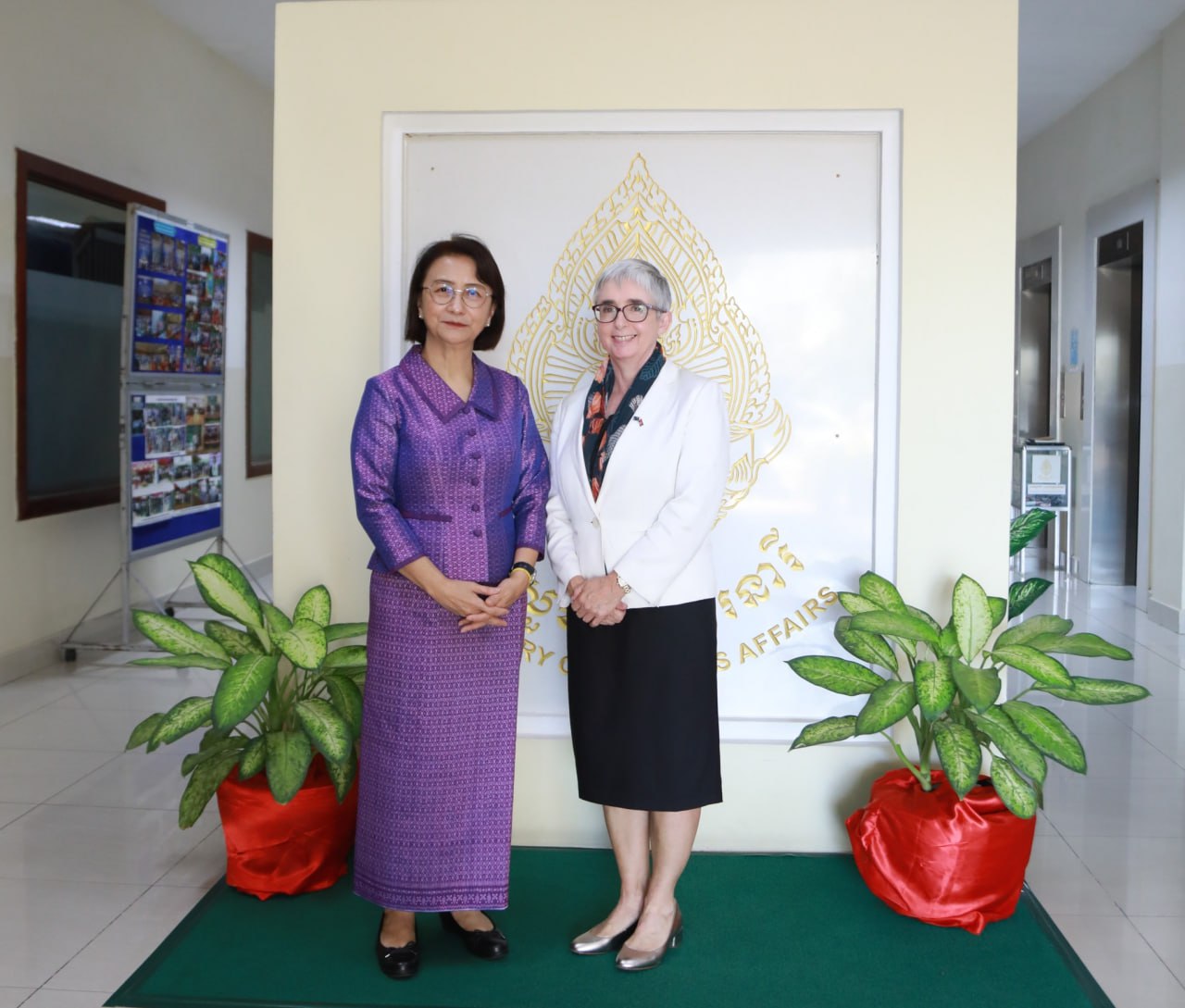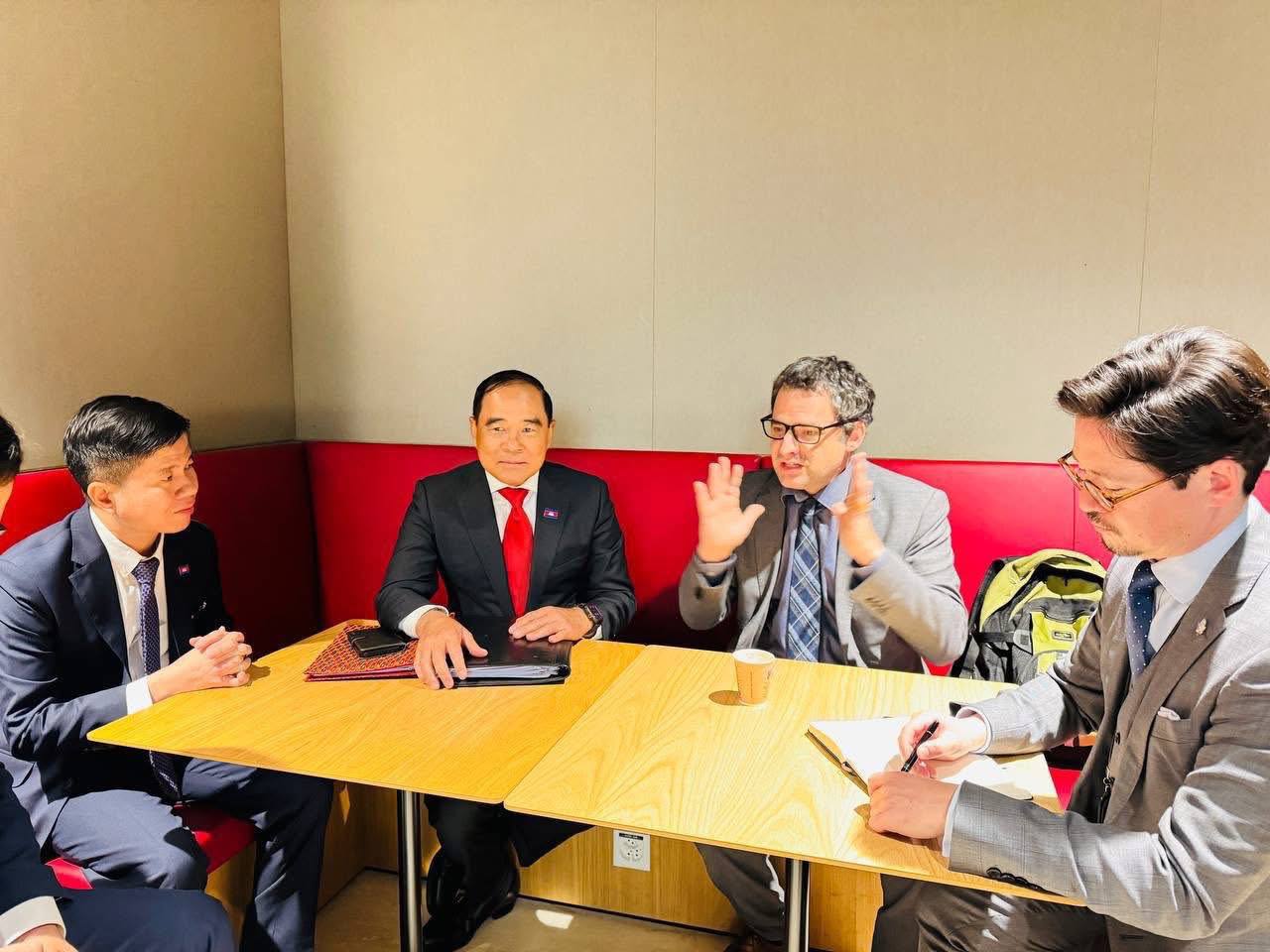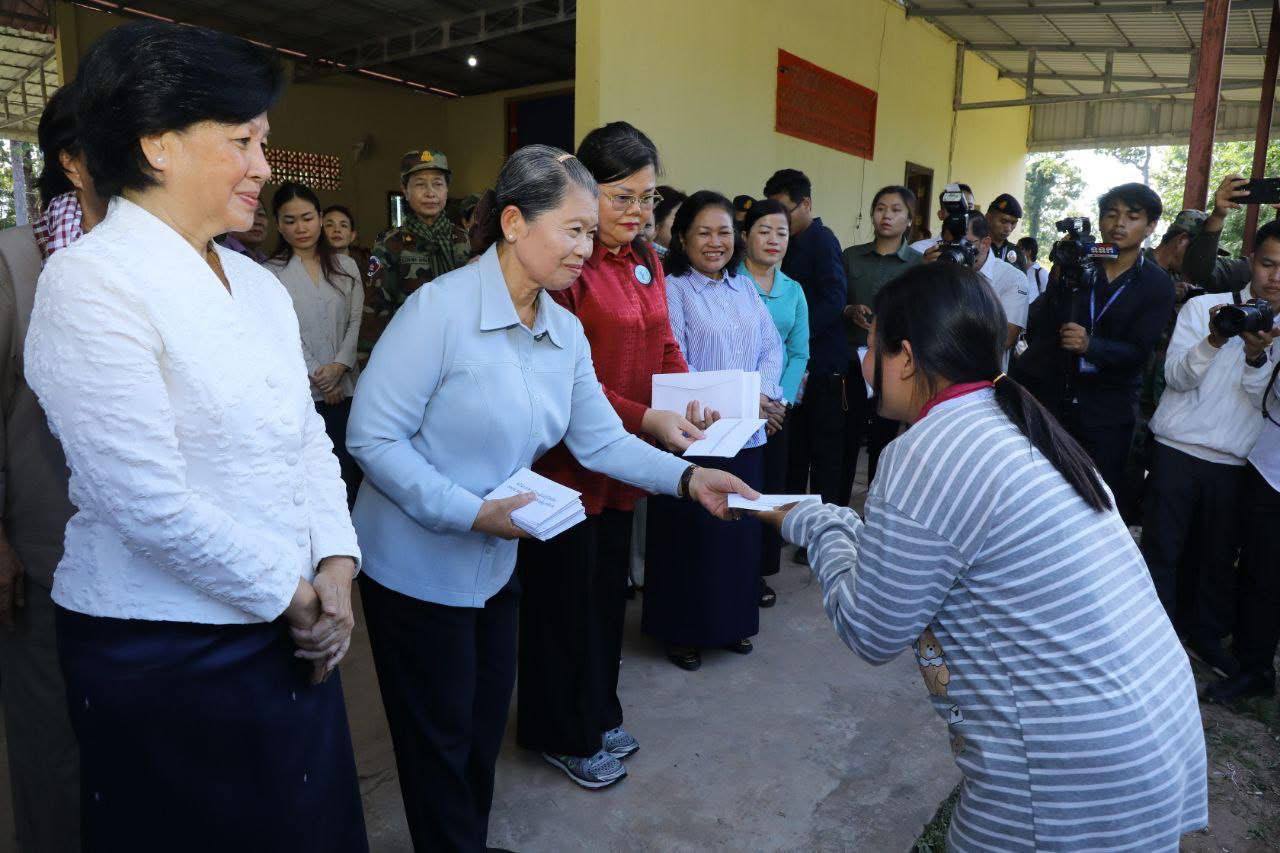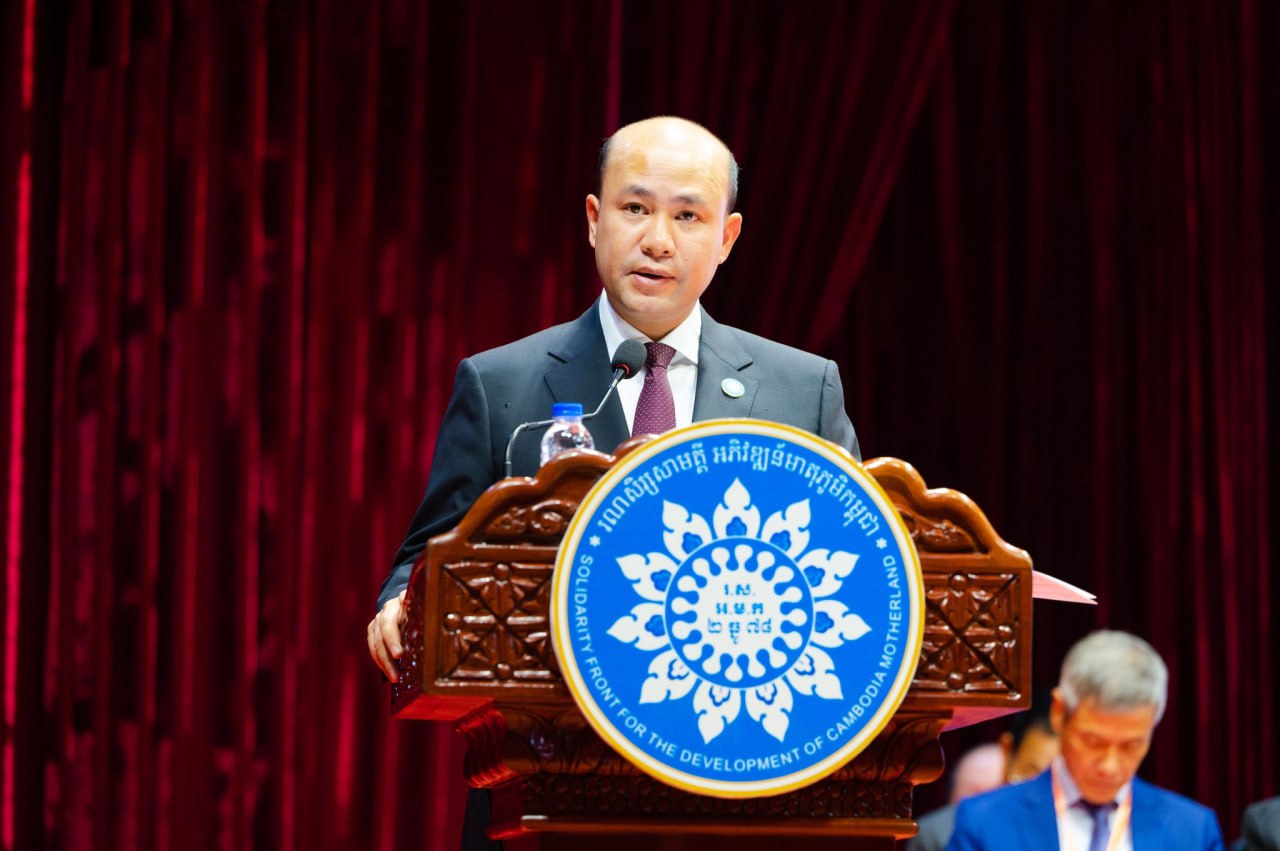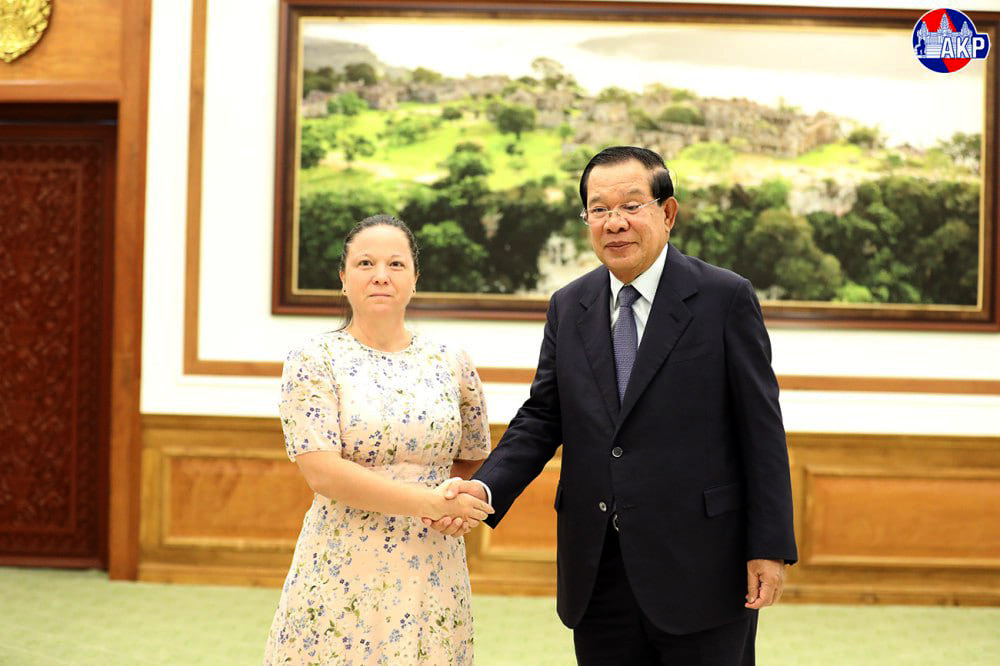OPINION: Thailand’s Landmine Narrative: A Manufactured Pretext for Border Aggression
AKP Phnom Penh, August 12, 2025 --
The Royal Thai Army’s latest accusation against Cambodia over a landmine incident near Tamone Temple in Oddar Meanchey province is not only baseless—it is a calculated attempt to create a pretext for military escalation. Second Army Area Commander Lt. Gen. Boonsin Padklang’s claim that the blast was a “provocative act” inside Thai territory, and a “clear violation” of the ceasefire, is reckless rhetoric that distorts reality and threatens regional stability.
The Cambodia–Thailand border has long been contaminated with landmines—grim relics of past conflicts that neither side can fully map. Both nations have lost soldiers and civilians to these hidden killers. Cambodia, however, has led the world in mine clearance, removing millions of mines and unexploded ordnance at great human and financial cost. To allege that Cambodia recently planted new mines as part of an aggressive plan is not only unsupported by evidence—it is absurd.
Lt. Gen. Boonsin’s narrative serves a darker strategic purpose. By declaring, without independent verification, that the blast occurred “inside Thai territory” and branding it a deliberate provocation, he seeks to frame Thailand as the victim and Cambodia as the aggressor. This fits a troubling pattern of Thai military behavior: unauthorized patrols in contested zones, inflammatory calls to “reclaim” Cambodian temples, and now, the weaponization of a humanitarian hazard to justify so-called “self-defense.”
In truth, Thailand is using a false landmine narrative to prepare the political and legal cover for aggression against Cambodia. If the ceasefire collapses, it will be because Thailand chose confrontation over dialogue—and the international community will know it.
International law is clear: the right to self-defense applies only to actual, deliberate armed attacks—not to tragic accidents in minefields that both sides know exist. Thailand has presented no credible proof of hostile Cambodian action. Instead, it is twisting a humanitarian tragedy into a casus belli, undermining the very ceasefire it claims to uphold.
If Thailand truly seeks peace, it should agree to a joint investigation under neutral international monitoring, share minefield maps, and halt unilateral military activities in disputed areas. Cambodia stands ready for transparency and cooperation—but will not tolerate being smeared as a pretext for armed aggression.
Cambodia will not be baited into war. We will uphold the ceasefire, engage in dialogue, and expose fabricated narratives for what they are. Should the Thai military shatter the peace based on lies, the world will clearly see who bears the moral and legal responsibility for the destruction that follows. If hostilities resume, it will be Thailand—not Cambodia—that lit the match—just as it did on July 24, when the world saw firsthand who broke the peace.
By Roth Santepheap, a geopolitical analyst based in Phnom Penh.
(The views expressed are his own.)



(Artillery shells containing cluster munitions fired by Thai forces between July 24-28, 2025 are much more dangerous than landmines. Photo: CMAC)

